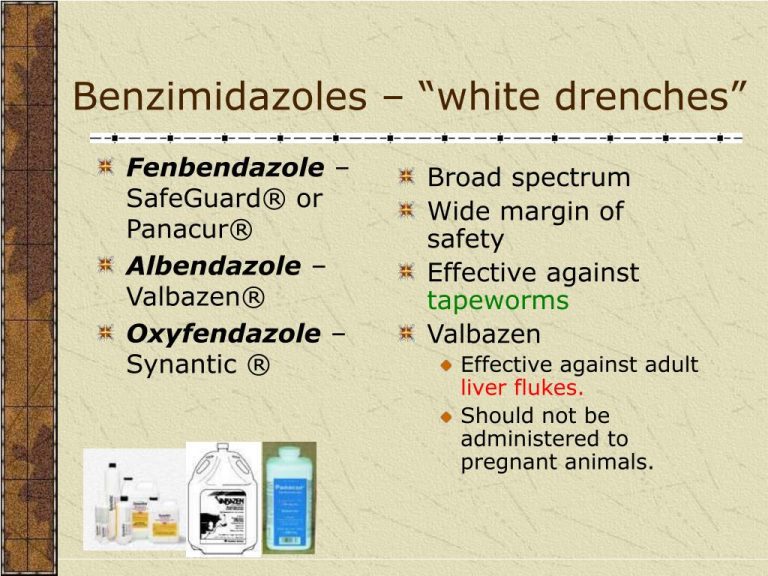
Following the 2020 fenbendazole scandal, Korean society has demanded health authorities provide reliable information. However, this information is not always obtainable from patients.
We examined the effect of fenbendazole on EMT6 tumor growth in BALB/c mice. Tumor volumes were rigorously measured, and survival was assessed using a colony formation assay. We found that fenbendazole did not alter tumor growth in unirradiated or irradiated mice.
What is fenbendazole?
Fenbendazole is a safe, broad-spectrum benzimidazole anthelmintic with antiparasitic and antineoplastic properties. It is reported to exert cytotoxic effects against cancer cells and inhibit microtubule-associated tubulin polymerization. It also induces apoptosis in cellular cultures.
It is available in a number of forms including oral suspension, paste and granules. It is used in the treatment of gastrointestinal parasites including giardia in dogs, roundworms, hookworms and whipworms. It is also effective against the lung worms echinococcus, flukes and tapeworms (the genus Taenia, but not Dipylidium caninum, a common dog tapeworm).
Typically, fenbendazole dewormers are given daily for three to five days. At labeled dosages, fenbendazole doesn’t cause side effects in most pets. However, salivation, vomiting and diarrhea can occur in some animals. Rarely, hypersensitivity reactions secondary to antigen release from dying parasites may occur. These reactions should be reported to a veterinarian immediately and may include facial swelling, itching, hives, shock or seizures.
Fenbendazole side effects
Fenbendazole is an antiparasitic drug with a broad spectrum anthelmintic activity. It is used to treat gastrointestinal parasites including giardia, roundworms, hookworms, whipworms, the tapeworm genus Taenia (but not Dipylidium caninum), pinworms, aelurostrongylus, paragonimiasis, and strongyloides. It is also widely used in veterinary medicine and can be administered to sheep, cattle, horses, dogs, cats, rabbits, freshwater shrimp tanks, and seals.
Intensive treatments with fenbendazole were toxic to EMT6 mammary tumor cells in vitro, and the toxicity increased with long incubation periods. However, the drug did not alter dose-response curves for radiation or docetaxel, and in combination regimens with these agents, it produced additive cytotoxicities.
When administered to BALB/cRw mice as three daily i.p. injections, fenbendazole did not significantly affect body weight or food intake. The appearance, behavior, and weights of the mice were identical between fenbendazole and control groups throughout the experiment. Additionally, fenbendazole did neither reduce the growth of unirradiated tumors nor increase their response to x-rays.
Fenbendazole treatment
Fenbendazole (methyl N-(6-phenylsulfanyl-1H-benzimidazol-2-yl) carbamate) is a broad-spectrum benzimidazole antihelminthic agent used in numerous animal species. It has also been shown to have microtubule depolymerizing activity and antitumor properties in human cancer cells. This has led to speculation that fenbendazole could be a candidate for repurposing as a drug for the treatment of cancer.
A focus group was conducted with 21 lung cancer patients who were receiving fenbendazole in combination with other therapies. Participants were interviewed using a semi-structured questionnaire and asked to respond to three categories: acquisition channel, quality of information, and perceptions of the medication.
The participants reported that they obtained information about fenbendazole through media, acquaintances, and friends. However, only two of the interviewees, K and U, knew Joe Tippens personally and actively cross-checked information through the original videos on YouTube. The results of our cell culture experiments did not support the idea that fenbendazole can inhibit the growth of EMT6 tumors or increase the effectiveness of radiation therapy.
Fenbendazole cancer
In vitro and in vivo studies show that fenbendazole, a widely used antihelminthic drug, has potent cytotoxic and antitumor effects against EMT6 tumor cells. These effects are mediated by mechanisms that overlap with those of hypoxia-selective nitroheterocyclic cytotoxins/radiosensitizers and the taxanes. The anthelmintic fenbendazole also exhibits antiparasitic activity against Ascaris and hookworm (Necator americanus).
A patient with stage III NSCLC received oral fenbendazole based on information about its antitumor effects on social media sites. She had a severe liver injury as a result. This is the first case report to describe the self-administration of a nonmedical compound in cancer patients with advanced disease.
We conducted a qualitative interview with 21 lung cancer patients. The interview was based on a semi-structured questionnaire that included three themes: (1) where the patients obtained general cancer information and false information, (2) the quality of this information, and (3) their perception of it. The participants’ ages ranged from 56 to 75 years and their current stages of cancer were stages one through four.fenbendazole stage 4 cancer